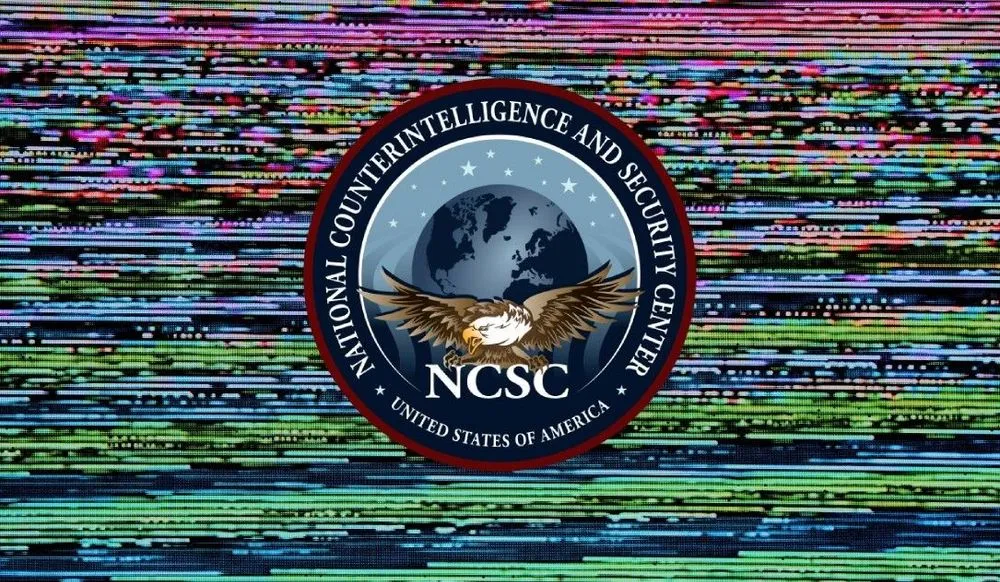Biden taps Senate Intel Committee staff director to lead NCSC
After nearly two and a half years, President Joe Biden has found his person to lead U.S. counterintelligence efforts.
The president announced on Wednesday that he would nominate Michael Casey, a longtime Democratic staff director for the Senate Intelligence Committee, to be director of the National Counterintelligence and Security Center (NCSC).
The agency, a branch of the Office of the Director of National Intelligence (ODNI), is responsible for coordinating U.S. counterespionage activities across the larger, 18-member clandestine community. It has had only one Senate-confirmed director in its history.
The role had been filled by an acting chief since Biden was sworn into office. But that individual, FBI agent Michael Orlando, quietly retired last month.
Three sources with knowledge of the lengthy search to fill the job said it previously almost went to a CIA official, but that person withdrew from consideration after being offered another post within the spy agency.
Observers wondered if the position might remain empty after the first NCSC nominee to require congressional approval, Bill Evanina, spent nearly two years waiting for a vote because of an unrelated squabble over Justice Department documents of its probe into possible links between the Trump campaign and Russia during the 2016 presidential campaign.
While Casey might not seem like a conventional pick to helm the agency, his leadership role on the Intelligence panel — which he has held since 2016 — gives him intimate knowledge of both the intelligence community’s tradecraft as well as the varied espionage threats from foreign adversaries, especially China.
Congressional lawmakers and national security officials at nearly every level of government have spent the last few years warning about the various dangers posed by Beijing, something the Intelligence panel and its members have tried to put their arms around via legislation and their “roadshow” effort where lawmakers often teamed up with NCSC officials.
Casey is also familiar with Russian influence operations, having helped steer the committee’s years-long, bipartisan investigation into Moscow’s multi-pronged assault on the 2016 presidential race.
Prior to joining the Intel, Casey served as a staff member on the House Armed Services Committee for over 9 years. In all, he has spent more than 27 years on Capitol Hill, according to the White House.
Director of National Intelligence Avril Haines called Casey an "excellent choice" who possesses "years of critical national security experience in a variety of roles."
If confirmed, “he would bring that wealth of experience and expertise to ODNI’s leadership team," she added. "We would be lucky to have him leading the intelligence community’s work on some of the most fundamental and critical issues and threats we face.”
Congrats to Mike Casey on his nomination to be the Director of @NCSCgov! I’ve worked closely alongside Mike since 2016 when he became staff director of the Intel Committee, and I can think of no one more prepared to address the rapidly evolving global threat landscape.
— Mark Warner (@MarkWarner) June 7, 2023
In a statement, Senate Intelligence Committee Chair Mark Warner (D-VA.) said the U.S. “faces a dramatically different threat landscape today than it did just a couple of decades ago, with new threats and new technology that mean we must make substantial adjustments to our counterintelligence posture if we are going to successfully safeguard our national and economic security.”
After working alongside Casey for several years, “I can think of no one more qualified to lead these efforts as head” of the NCSC, he added.
Warner said he looks forward to a “thorough and swift confirmation process” before the committee.
Martin Matishak
is the senior cybersecurity reporter for The Record. Prior to joining Recorded Future News in 2021, he spent more than five years at Politico, where he covered digital and national security developments across Capitol Hill, the Pentagon and the U.S. intelligence community. He previously was a reporter at The Hill, National Journal Group and Inside Washington Publishers.



